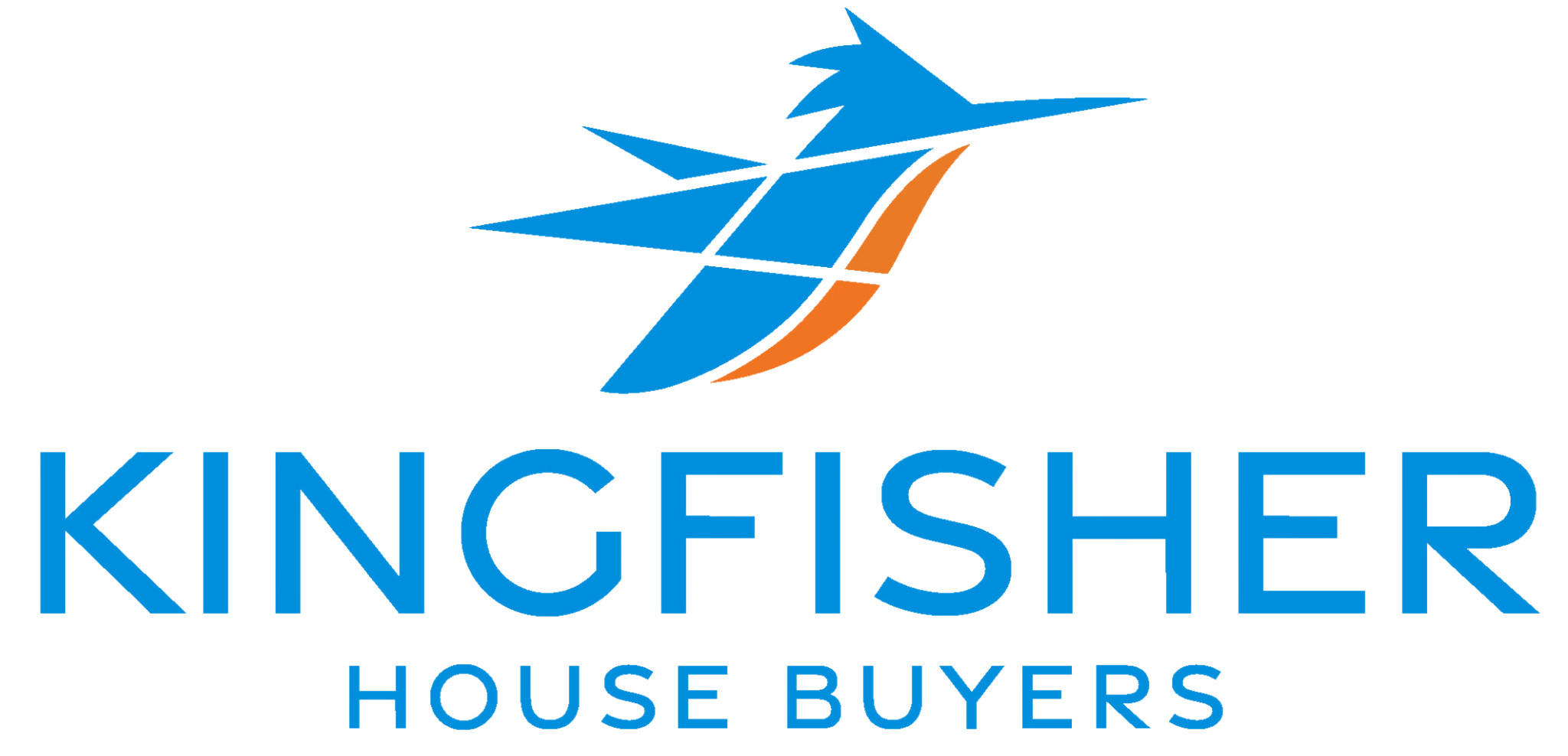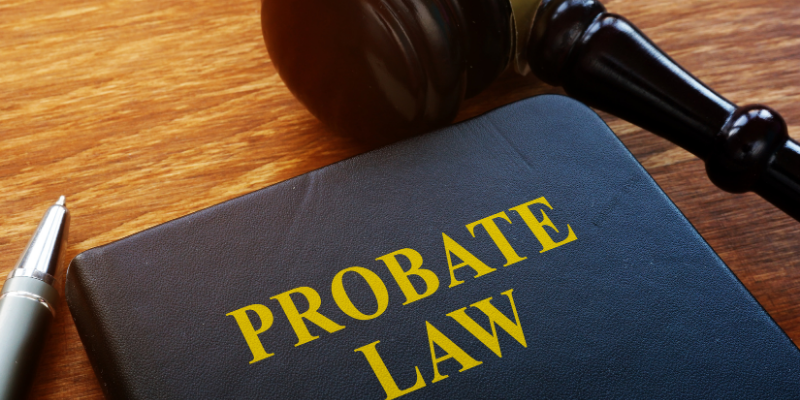
Understanding the Probate Process: A Comprehensive Guide
In Fredericksburg, Virginia, going through probate while living in the house that is being probated is an intensive process that the individual must mentally prepare for, due to the complex interplay of local rules and legal frameworks. Probate is the judicially supervised process that verifies and validates the will, if one exists, of a decedent and consequently manages the estate.
In Virginia, this also means that an executor or an administrator will need to be appointed, who is in charge of the estate’s property, pays associated debts and taxes, and after settlement, shares the remainder with the designated beneficiaries. If a decedent’s house is occupied, it is important to be aware that it is possible the house will be under some kind of restriction until the probate is completed.
The executor has certain fundamental obligations which include, but may not be limited to, the safeguarding and valuation of both savor and non-savor estate property. Living in the house during this period does not mean that life will be easy. There is a likelihood of complex living arrangements, which include the possibility of contention from creditors or amongst beneficiaries. Knowing all the details of the probate process helps to ensure that these challenges are met. Kingfisher House Buyers can assist during this time by offering guidance, resources, or even options to sell the property quickly if needed.
Legal Requirements for Living in a House During Probate
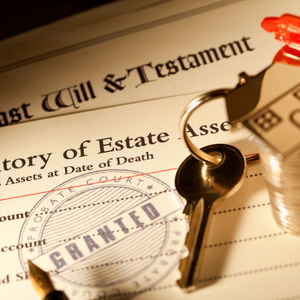
While living in a house during probate in Fredericksburg, VA, it is important to know the beneficial practices to avoid problems. Probate is the legal formality that occurs after a person’s death, and the settling of the estate occurs.
There are important legal matters if you reside in a house that is part of the estate undergoing probate. First, you must verify the legal basis supporting your right to dwell in the house; in this case, it is either that you are a beneficiary in the will or that the estate’s executor or administrator has granted you consent.
When dealing with an inherited property with siblings, the executor should also obtain letters of administration or letters testamentary to demonstrate their authority to sell the property. Ensuring a clear title is essential by obtaining a title search and addressing any liens or encumbrances affecting ownership rights.
On the other hand, be careful to observe any laws or regulations at the local level or any homeowner association that will affect your stay during this period. Failure to observe these laws might result in conflicts, evictions, or withdrawal of the lease if the matter is not well approached.
When traversing this difficult period of probate, one seeks to manage the estate and observe the laws in Virginia; these laws capture all the nuances of the legal requirements, observing Virginia’s probate laws.
Navigating Virginia’s Probate Laws: Essential Tips and Advice
Probate laws in Virginia are particularly complicated if you are living in a house that is undergoing probate in Fredericksburg. Gaining a working knowledge of the Virginia probate system is essential for many people in Virginia.
Probate in Fredericksburg, VA, relates to the legal formalities that are to be followed for the administration of a deceased person’s estate, which includes asset distribution as per the will or intestate in the absence of a will. Those who are living in the house should be aware that they are bound by the legal limits imposed by the estate’s representative or the probate court-appointed administrator.
These boundaries often include not being able to sell or lease the house until the probate proceedings are completed. Also, staying informed about possible claims against the estate and staying current on mortgage payments, as well as property taxes, is necessary without getting into trouble. If you’re looking for a quicker alternative once probate concludes, you can also sell your home for cash in Fredericksburg or nearby cities to avoid further delays and expenses.
Seeking the help of a probate attorney who understands Fredericksburg’s local laws in addition to the overarching laws of Virginia is extremely helpful. They can assist in resolving possible disputes concerning the estate, such as those that arise from claims by creditors, beneficiary disputes, or any challenges concerning the property title.
Taking the initiative alongside staying updated about the intricacies of Virginia’s probate system allows people to manage their immediate circumstances during the transition period, all while protecting their future interests regarding the property.
How Probate Impacts Property Inheritance in Fredericksburg, VA
In Fredericksburg, VA, probate notably affects how properties are inherited, especially when it involves residing in a house during the probate proceedings. Probate is the process that verifies a will and facilitates the distribution of the deceased’s property in accordance with their intentions.
In Virginia, this process may affect how timely heirs are able to exert control over the inherited real estate. During probate proceedings, the estate’s executor is responsible for the property’s operational issues, which include paying the mortgage, maintaining the house, and paying property taxes for the house in question.
Until probate is concluded, ownership legally rests with the beneficiaries. Those residing in the property face navigating the interim period, which comes with certain ownership constraints. Heirs desiring to occupy or lease a house passed down to them may encounter several legal restrictions for the duration of the probate period and may need a court’s green light, which is dependent on a case-by-case basis under Virginia laws.
In addition, Fredericksburg probate law is complicated by any outstanding obligations the decedent may have, or disputes contesting the will, making it more difficult for heirs to access the property. These concerns shape how residents of the house in probate need to rethink their expectations and thoughtfully plan while navigating life in a house under probate in Fredericksburg.
Common Challenges Faced During the Probate Process
Residing in a house during the probate period in Fredericksburg, VA, comes with a number of typical problems. One primary concern is the ambiguity of the heir or beneficiary’s responsibilities relating to property upkeep and maintenance, which can cause disputes among heirs or beneficiaries.
Moreover, there are often legal issues such as the understanding of Virginia probate laws alongside rigorous court processes, which can serve as a hurdle and, in turn, extend the timeline of the probate period. Financial issues also pose a significant hurdle. Estate assets are often frozen during the probate period, which causes problems in accessing finances in a timely manner. Funds needed for maintenance of property or mortgage payments may become inaccessible.
Communication barriers and disagreements among family members can serve to increase conflict and strain Relationships. This is further aggravated in scenarios where families have disputes over sharing monetary assets or decisions surrounding the house. In addition, for an individual who is not a direct heir or beneficiary, there may be a risk of eviction if the heirs decide that a fast liquidation of assets is preferable.
All of these issues can often be resolved with a well-structured plan, but a majority of the time necessitate an attorney who specializes in the field in order to minimize disputes and delays which cause strain for the family.
Protecting Your Rights as an Heir During the Probate Process
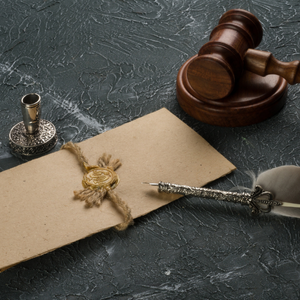
Preserving your rights as an heir while living in a house during probate in Fredericksburg, VA, is critical in ensuring a smooth process. As a matter of fact, probate laws in the state of Virginia dictate the terms of settlement for a deceased person’s estate and can substantially affect your rights.
As an heir, it is equally important to be updated about these laws as they relate to occupancy provisions and duties during the probate period. A probate expert familiar with the Fredericksburg area can explain your rights and responsibilities after consulting with you.
Such attorneys can advise you on whether you should maintain the house, cover utility bills, or deal with other repair works while ensuring that no rights as an heir are waived in the process. Apart from these, knowing the executor’s duties and collaborating with the executor further adds to your strategies to maintain your interests.
Actively participating in the probate process also helps you have greater control over asserting your entitlement. Documenting every single expense incurred for the maintenance of the property contributes to your rights in this intricate legal process.
Family Disputes Over Inherited Property: Resolution Strategies
While residing in a house undergoing probate in Fredericksburg, VA, familial conflicts over a bequeathed asset are often commonplace. Disagreements over whether to sell, rent out, or retain amicable ownership often appear when relatives come together.
Relatives should be encouraged to come to a consensus through effective negotiation to resolve marital disputes over probated houses. Approaching a trained mediator or attorney can help streamline negotiation for all parties concerned by shedding light on each individual’s roles.
Establishing early, effective probated house negotiation enables immediate commitment to constructive communication, curbing grudge formation. Furthermore, devising a comprehensive will that captures all familial expectations serves to disarm prospective familial disputes.
While such competitive provocation can enable immediate probated house negotiation resolution, reliance on such tactics ultimately diminishes effective familial cohesion that many relatives strongly desire.
Can I Move Into a House During Probate?
Understanding the legal and financial aspects of moving into a house during probate involves severe considerations. Living in a house during the probate period is legally complex, especially in Fredericksburg, VA. The probate process is in place for the legal distribution of a deceased individual’s estate.
In Virginia, the will’s contents and the heir’s or executor’s designation affect whether a house can be occupied during probate. If you qualify as an heir, it is quite possible you will require the executor’s or the court’s approval to settle in the house.
The executor has the obligation to preserve the estate’s property, which includes settling any debts owed to creditors, taxes, or any financial obligations owed. Unauthorized occupancy of a probate property complicates the legal process and may lead to disputes amongst heirs.
Other aspects of ongoing default payments, taxes, insurance, and estate debts during the probate period also need to be covered. Fredericksburg’s local attorneys can help to develop compliance strategies focused on the unique requirements of the case at hand. Legal guidance can ensure all aspects of Virginia’s probate regulations are adhered to.
Grasping these elements can assist you in understanding your obligations and legal entitlements with respect to occupying a residence undergoing probate in Fredericksburg.
How Long Does an Estate Stay in Probate in Virginia?
In Fredericksburg, VA, knowing the probate process and timeline is essential for anyone living in a house during probate. In Virginia, the time an estate stays in probate varies significantly based on multiple factors.
Generally, the probate process spans from six months to a year, but can take longer in case of disputes between heirs, conflicts with creditors, or other complex issues. The clock starts ticking after an executor submits the will to the Circuit Court in Fredericksburg and opens the estate.
During this timeframe, an estate’s debts and taxes must be managed, and legal obligations for probate in Virginia must be respected. Having a solid grasp of these timelines promotes stability in the living arrangements during probate and ensures compliance with regulations.
Comprehending the timeline for probate in Virginia permits residents of Fredericksburg to strategize and proactively address possible complications for living in a probated property.
What Can You Do While Waiting for Probate?
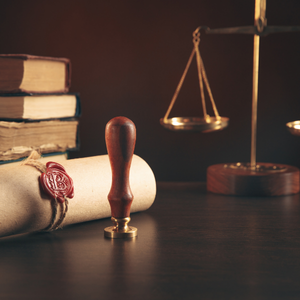
In the context of Fredericksburg, VA, probate offers ample opportunity to prepare the property in advance so mitigating issues later becomes easier. To start, paying attention to the property, in the case of a house, mowing the lawn, keeping the repairs in check, paying the bills, and maintaining the utilities, is essential.
The property’s aesthetics will add to the appeal of the house when selling post-probate. Preserving the house’s value is also critical, so homeowners insurance during this period will cover unforeseen damages or liabilities that pay off in the long run. For a faster and more convenient sale after probate, you may also consider the option to sell your home for cash in King George or nearby cities.
Prior to probate, organizing the personal items in the house will aid in splitting them up later, post probate. While it is critical to keep in touch with the attorney representing the case, it is equally important to also voice concerns with respect to living in the house during the probate period.
Fostering cooperation while navigating this phase with the other heirs to the house will prevent conflicts. Maintaining communication with other heirs or beneficiaries is essential for a smooth transition when moving through this period.
Does a House Go Through Probate in Virginia?
In Virginia, a homeowner’s property, such as their house in Fredericksburg, will generally undergo probate unless specific legal measures have been taken to sidestep this. Probate is a legal process that deals with the deceased’s estate, paying off debts, taxes and distributing the estate as per the will, or the laws of the state in the absence of a will.
In Fredericksburg, as in the remainder of Virginia, a house is likely to go through probate if it is the sole property of the deceased at their time of death. There are, however, methods that could allow a person to avoid this.
For example, if the house is jointly owned with rights of survivorship, or if it is placed in a living trust during the person’s lifetime, then probate can be avoided. Understanding the impact of real estate ownership on probate is vital for someone living in or for someone set to inherit the house during this time.
In Fredericksburg, probate properties need to be carefully dealt with, and working with a local estate planning attorney well-versed in Virginia’s probate laws could help navigate the complexities associated with such properties.
If you’re living in a house going through probate and need to sell, Kingfisher House Buyers offers a stress-free solution. Whether you’re facing legal deadlines, want to avoid repairs, or simply prefer a quick cash sale, we handle all the details for you. Our team understands the probate process and works with you to ensure a smooth, compliant transaction. Ready to explore your options? Contact us at (540) 755-4099 for a no-obligation cash offer today.
Helpful Fredericksburg Blogs Articles
- Selling Your House Without A Realtor In Fredericksburg, VA
- Living In A House During Probate In Fredericksburg, VA
- Managing Inherited Real Estate With Siblings In Fredericksburg, VA
- How To Sell Your Rental Property In Fredericksburg, VA
- Capital Gains Tax After Selling Your Home In Fredericksburg, VA
- Renovating Your Fredericksburg, VA Home To Sell
- Duration To Live In Your Fredericksburg, VA Home Before Selling
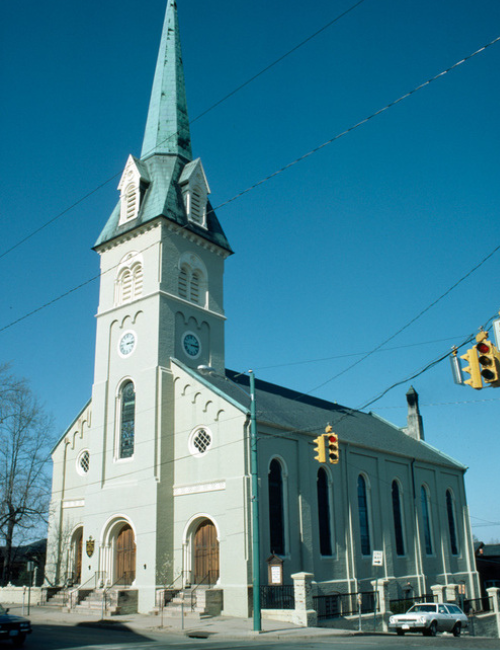
| THE ESTATE OF | CLAIMS AGAINST ESTATE | PROBATE ADMINISTRATION | TESTAMENTARY | DEVISEES | RICHMOND, NORTHERN VIRGINIA |
| EXECUTRIX | INCOME | ATTORNEYS AT LAW | BONDS | INTESTACY | WITHOUT A VALID WILL |
| INTESTACY LAWS | INHERITANCE TAX | STATE ESTATE TAX | ACCOUNTING | INCOME TAX | INCOME-TAX |
| INCOME TAX RETURNS | FIDUCIARY | FIDUCIARIES | INVENTORIES | ADMINISTRATRIX | TESTATOR |
| SURETY | SURETY BONDS | FREDERICKSBURG, VIRGINIA | FINANCIAL ADVICE | INVESTMENT ADVISER | SPOUSE |
| INSURANCE PREMIUMS | INSURANCE COMPANY | INSURER | AFFIDAVIT | TRUSTEE | JURISDICTIONS |
| COURT CLERK | THE COMMONWEALTH | PERSONALLY LIABLE | PERSONAL LIABILITY | CHILDREN | ADMINISTRATION OF ESTATES |
| WITNESSES | PARENT | NOTARIZED | INVESTMENTS | INVESTING | COMMISSIONER |
| CASH | VALUATION | APPRAISALS | PATIENT | CONVALESCENT HOME | NURSING HOME |
| MONEYS | MARRIAGE | JUDGES | HUSBAND | DOLLAR | |
| RIGHT OF SURVIVORSHIP | COMPANY | THE ESTATE IF | THE ESTATE THE | ESTATE IF THE | THE WILL IS |
| OF THE ESTATE THE | THE COMMISSIONER OF ACCOUNTS |
